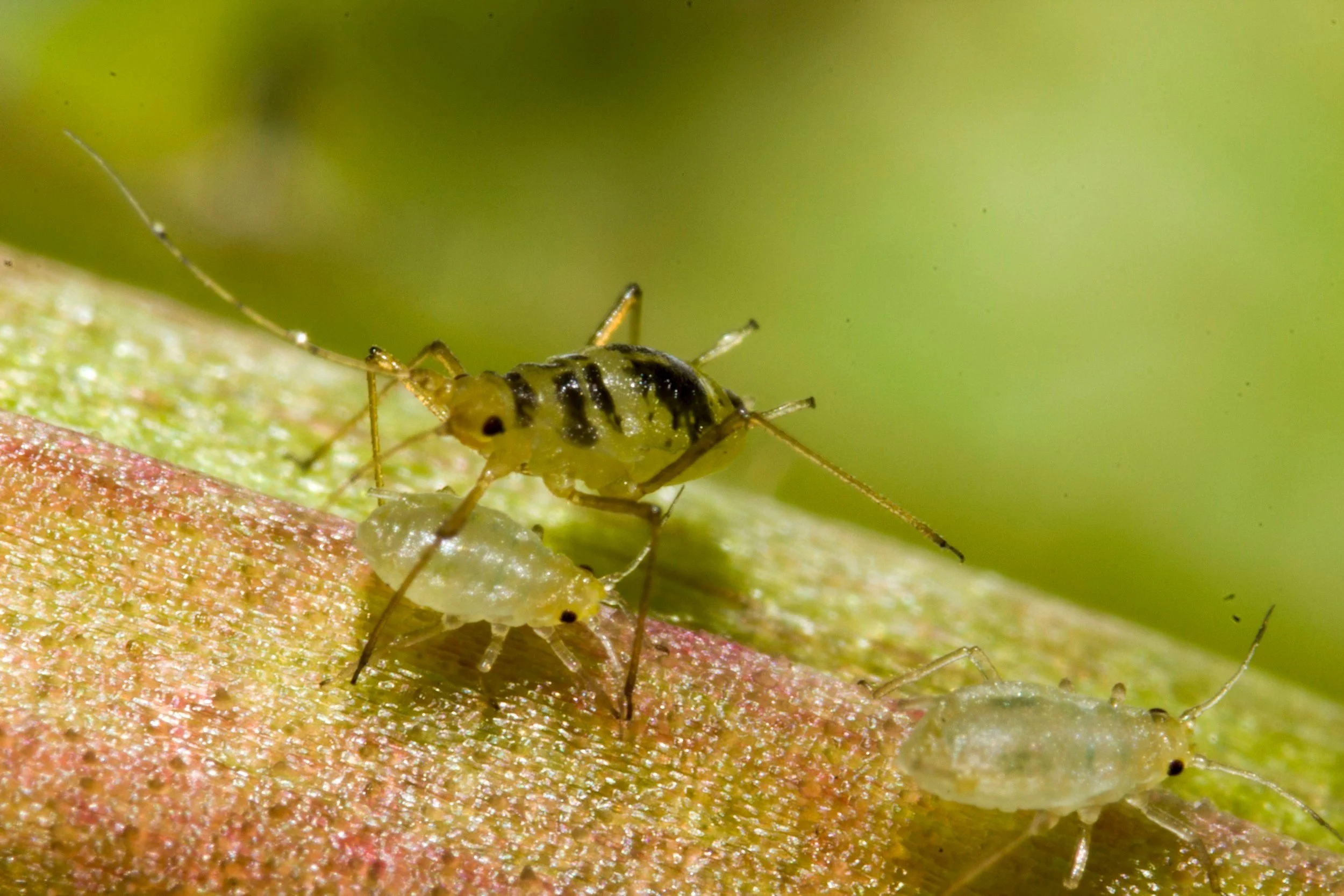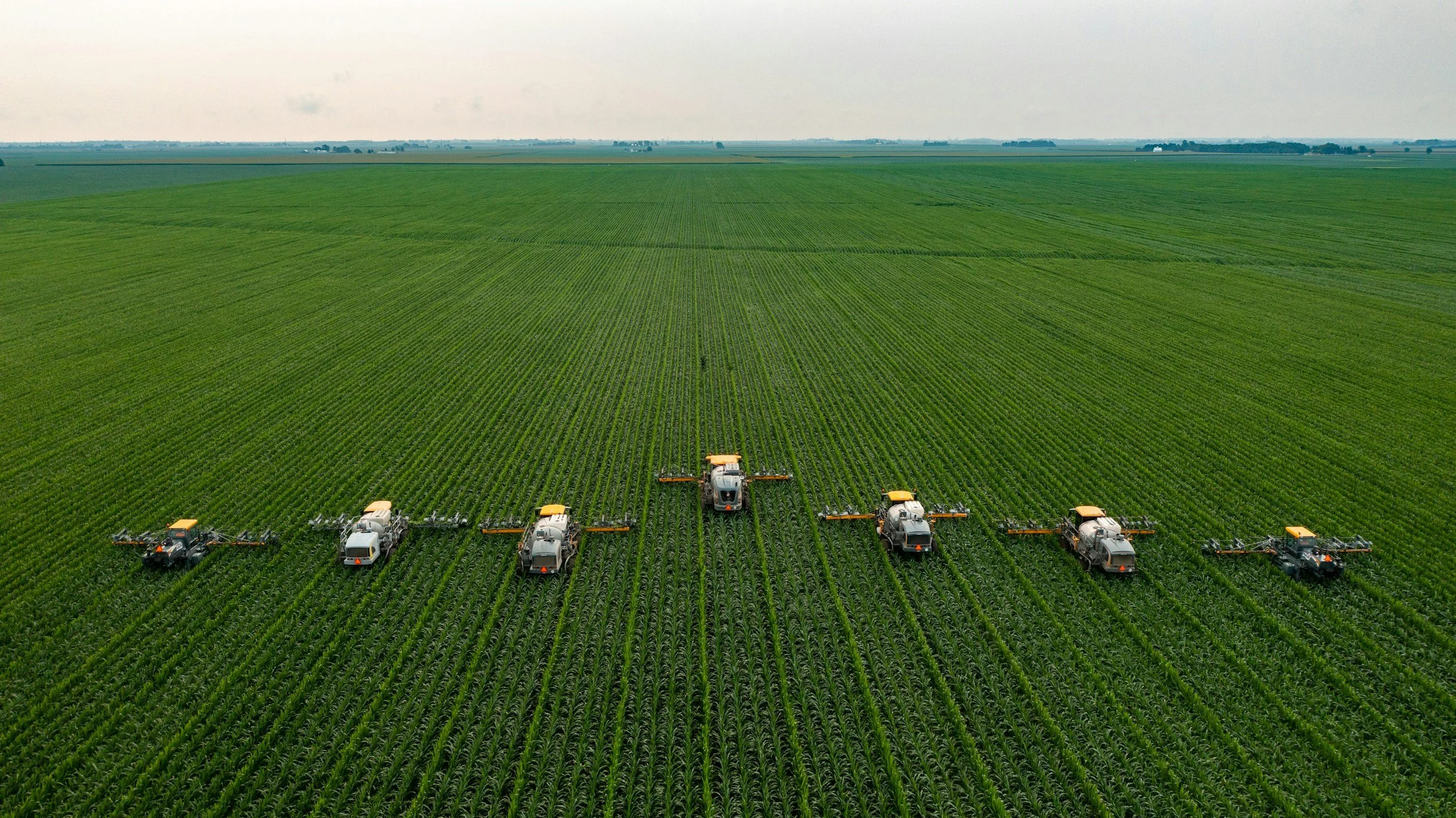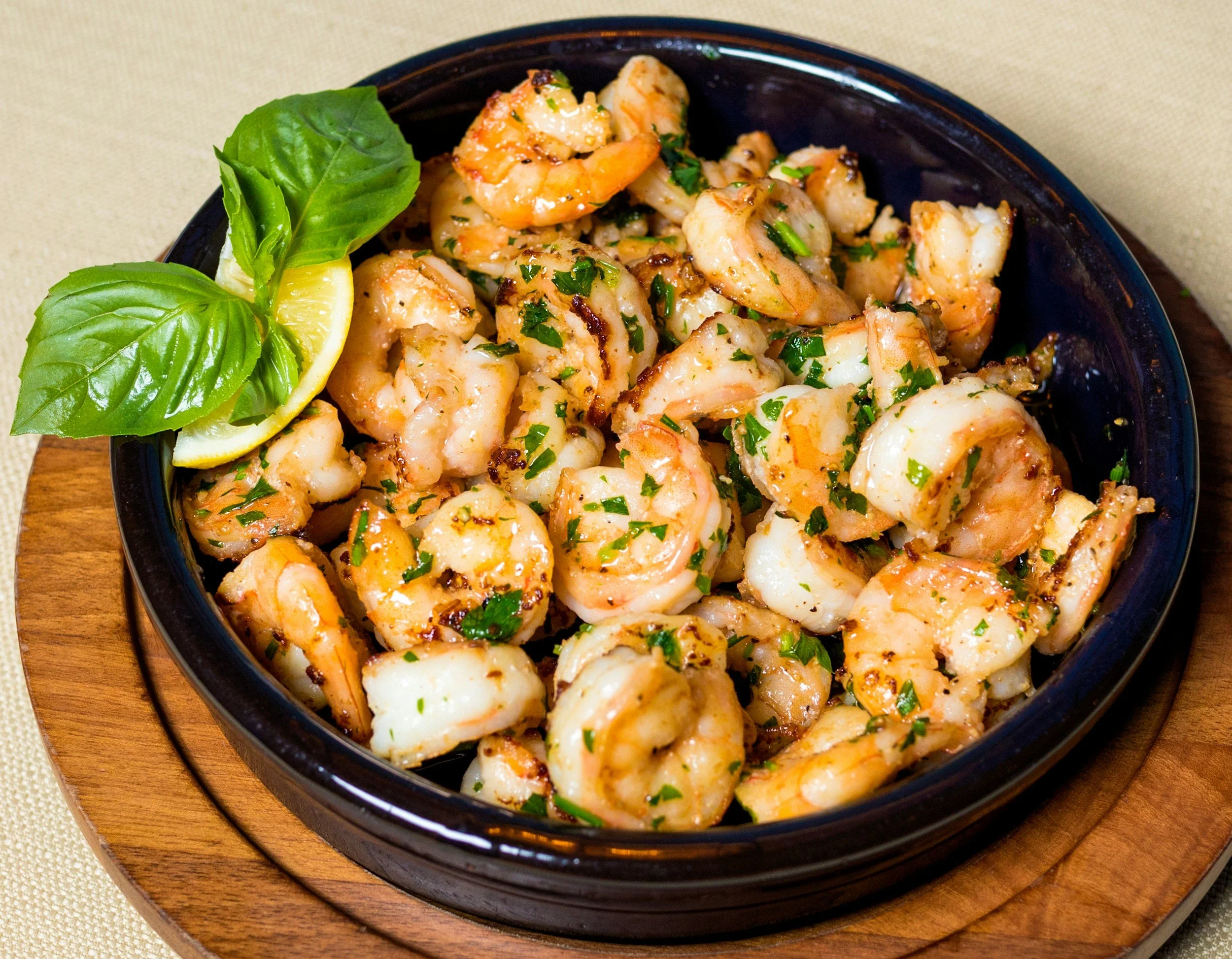What Works Against Japanese Beetles? Research-Backed Tips for Gardeners
/If you've spent any time in the garden during mid-summer, you may have encountered the shiny, copper-green menace known as the Japanese beetle. These invasive pests can quickly turn your thriving vegetable patch or flower bed into a buffet of chewed up leaves and skeletonized foliage.
Read More




































